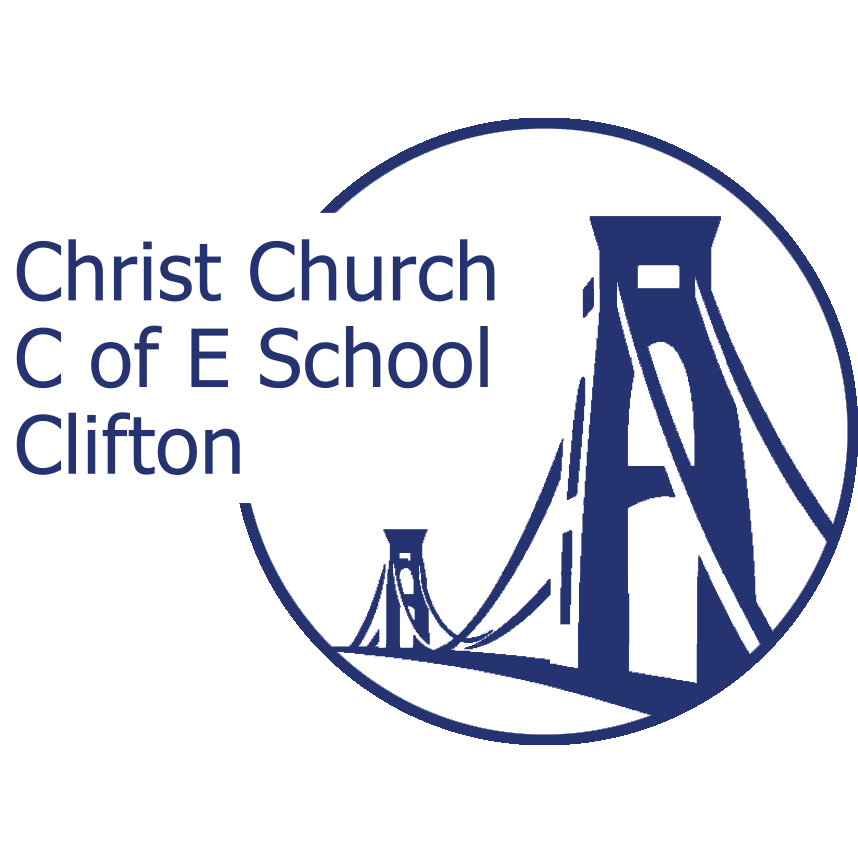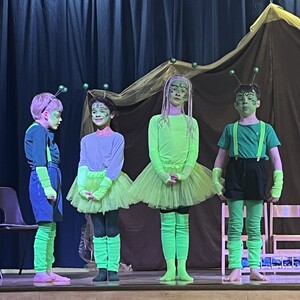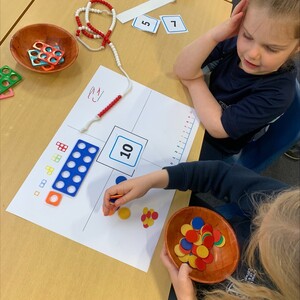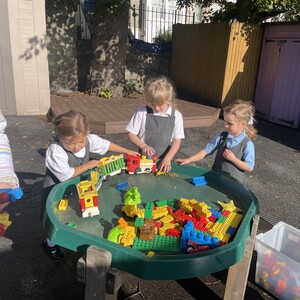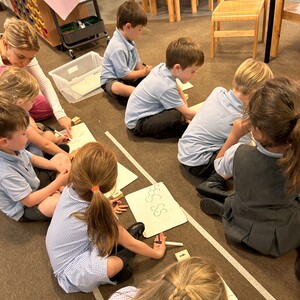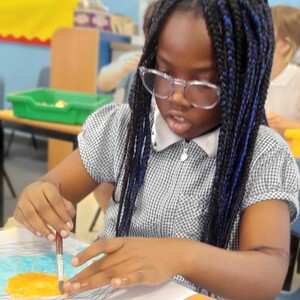Safeguarding
Christ Church CE Primary School has clear procedures for Safeguarding. Information is available from the links on this page, or from the Designated Safeguarding Lead, please also see our Safeguarding Policy
| Designated Safeguarding Officer: | Mark Oldfield | email: [email protected] |
| Deputy Safeguarding Officers: | Vikki Richardson | email: [email protected] |
| Safeguarding Governor: | Ruth Thrasher | email: [email protected] |
If you have concerns that you want to make the school aware of, please contact the designated person above. The designated person will then monitor any concerns and report where appropriate to social care if a child is deemed at risk of significant harm. Any information shared with us will be disclosed only to those staff who need to know for the purposes of child protection. Concerns will usually be shared with parent/child by the designated person, unless to do so may place the child/ren at increased risk of harm. If there is doubt about this, the designated person will consult with social care.
General guidance can be found in the following publications:
Keeping children safe in education
Guidance For Safer Working Practice October 2015
Working Together to Safeguard Children
The school’s Safeguarding policies are listed on our Policies page - click here
Useful websites and links to further information:
We recognise that staff and adults working with children, because of the contact with and knowledge of children in their care, are well placed to identify abuse and offer support to children in need. The school is an agent of referral and not of investigation.
Keeping children Safe in Education (Sept 2016) and the ‘Working Together’ guidance (2015) recognise that there are 4 categories of abuse:
- Physical abuse
- Emotional abuse
- Sexual abuse
- Neglect
Safeguarding is not just about protecting children from deliberate harm and abuse. It includes other issues such as:
- Internet safety
- Health and safety
- Meeting the needs of children with medical issues
- Bullying
- Physical intervention
- Radicalisation
- Racist abuse
- Harassment and discrimination
- Child sexual exploitation, forced marriage and FGM
It may be that while you are in school you are approached by a child who wants to talk to you about something that has or is happening to them. We have a very clear system which enables you to report to us so that we can help the child.
What should you do?
If you are approached by a child, help them by:
- Listening positively to what they say and, if possible, ensure a degree of privacy while you are doing this
- Taking what the child has to say seriously
- Staying calm, however shocked you may be
- Letting the child know that this information will have to be passed on so that they can be helped
You should not:
- Ask leading questions – avoid ‘who, where’ what’ type questions
- Appear shocked or angry
- Make judgements
- Promise to keep this information a secret
- Confront or question an alleged abuser – it is not your job to investigate
What next?
You now need to record this information on a ‘Child Protection Concern Form’. These can be found in the staff room. The form takes you through the information required and also details important information such as the name of the Local Authority Designated Officer (LADO). It should be hand written and completed as soon after the disclosure as you can. It allows us to make an informed decision about how to help the child if you include as much factual detail as possible.
When you have completed this it should be handed to the Designated Safeguarding Lead or their deputy.
They will then make sure the child receives appropriate help. This could be by referring the child to an outside agency.
If you have concerns about a child’s welfare, but they have not said anything, you should record your concern on the Child Protection Concern form and, once again, pass to the Designated Safeguarding Lead or Deputy Designated Safeguarding Lead.
Examples include:
- Seeing unusual marks or bruises
- The child’s personal hygiene is not as it should be
- The child is always hungry
- You have seen a change in their behaviour over a few weeks.
It is important that if you have concerns, however trivial, they are passed onto us. Remember that children’s details and names must remain confidential at all times. Detailing issues should be on a need to know basis only.
Dealing with issues of child abuse can be distressing for anyone and we appreciate your help in making sure Christ Church CE Primary School is a safe place for everyone.
If you have any queries regarding this information, or require further clarification, please contact our Designated Safeguarding Lead.
